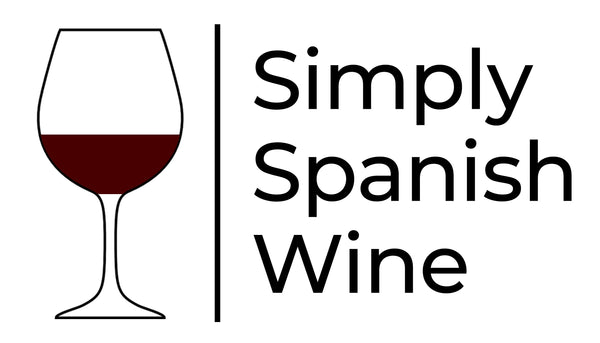[title]
[message]Anima Mundi Gres
Anima Mundi Gres
A delicious step into the world of Xarel-lo
DO Penedès
With a palate bursting with lemon and lime and a long citrus finish, this is a wonderful introduction to the world of biodynamic winemaking and the Xarel-lo grape.
Low stock
Couldn't load pickup availability



Collapsible content
Technical details
- Producer: AT Roca
- Region: DO Penedès
- Vintage: 2021
- ABV: 12%
- Grapes: Xarel-lo
Food pairings
This wine will go well with:
- Chicken
- Rice dishes
- Pasta
- Blue fish
- Vegetables
- Light cheeses
Who makes it
The Anima Mundi project is an offshoot of AT Roca, one of the most established family wineries in DO Penedès founded by Agustí Torelló Sibill and continued under the watchful eye of his son, Agustí.
At Anima Mundi, the focus is on organic and biodynamic agriculture, working with the natural cycles of nature and respecting local winemaking traditions. The team works hard to increase the biodiversity in the vineyard and ensure living soils which help guarantee exquisite wines made with the local Xarel-lo grape. In the winery itself, intervention is minimal which means wines are neither clarified nor filtered before bottling and no sulphites are added.
The grapes
Xarel-lo. which is also sometimes written as Xarel.lo, or just plain Xarello, is a white grape variety from Catalunya. In the small DO Alella, up the coast from Barcelona, you'll find it referred to as Pansa Blanca. It can be used to make various styles of wine, but it is most commonly associated with Cava, where it is part of the traditional three-grape blend along with Parellada and Macabeo.
Xarel-lo is quite a thick-skinned grape, its berries average size and colour. It's a pretty adaptable variety, performing well at relatively low altitude but also tolerating a wide range of soil types and climatic conditions. It needs careful pruning to keep yields under control and ensure quality. Xarel-lo is particularly sensitive to diseases like powdery or downy mildew, but otherwise fairly resistant. Its relatively high alcohol and acidity mean some wineries in central Catalunya are experimenting with ageing to see how it evolves over time. Xarel-lo can produce wines with intense aromas and flavours, notably of earthy or herbal character.
Where it's made
While the Anima Mundi project does not actually for part of the DO, the winery is in Penedès, a long strip of land sandwiched between the sea and the mountains about halfway between Barcelona and Tarragona. With a total vineyard area of 25,000 hectares it is the largest of the 11 DOs in Catalunya, and they’ve been making wine here on a large scale since the 19th century. The proximity of Barcelona just 50km away provided ready local customers, while the ravages of phylloxera in France in the mid-19th century opened up a market there too, at least until the pest arrived in Penedès too in the late 1880s. Apart from its still wines, Penedès is of course best known for Cava, which was essentially invented here by the Codorniu family in the 1870s.
Penedès can be subdivided into three distinct zones. The inland zone of Alt Penedès borders the inland mountain range and rises to between 500 and 800 metres above sea level. As you’d expect with all that altitude, this is where some of the DO’s best grapes are grown and where apart from Xarel.lo, you’ll also find some of the more minority varieties like Riesling, Gewürztraminer or Muscat of Alexandria. The central zone or Medio Penedès is a broad valley about 500 metres above sea level. This is the most productive zone in the DO, separated from the sea by the Garraf Hills, and it’s where most of the Macabeo, Xarello, and Parellada grapes are grown for Cava. Finally there is the warmest part of the DO, the coastal strip known as Penedès Marítimo or Bajo ('maritime' or 'lower' Penedès).
How it's made
Gres is a single varietal wine made from old Xarel-lo vines planted between 50 and 60 years ago in Alt Penedés. Vinification is threefold: while one-third of the wine ferments in old, 300-litre wooden barrels, another third goes into clay amphorae while the final third ferments on its skins in stainless steel tanks. All three age for a further six months before blending and bottling.



